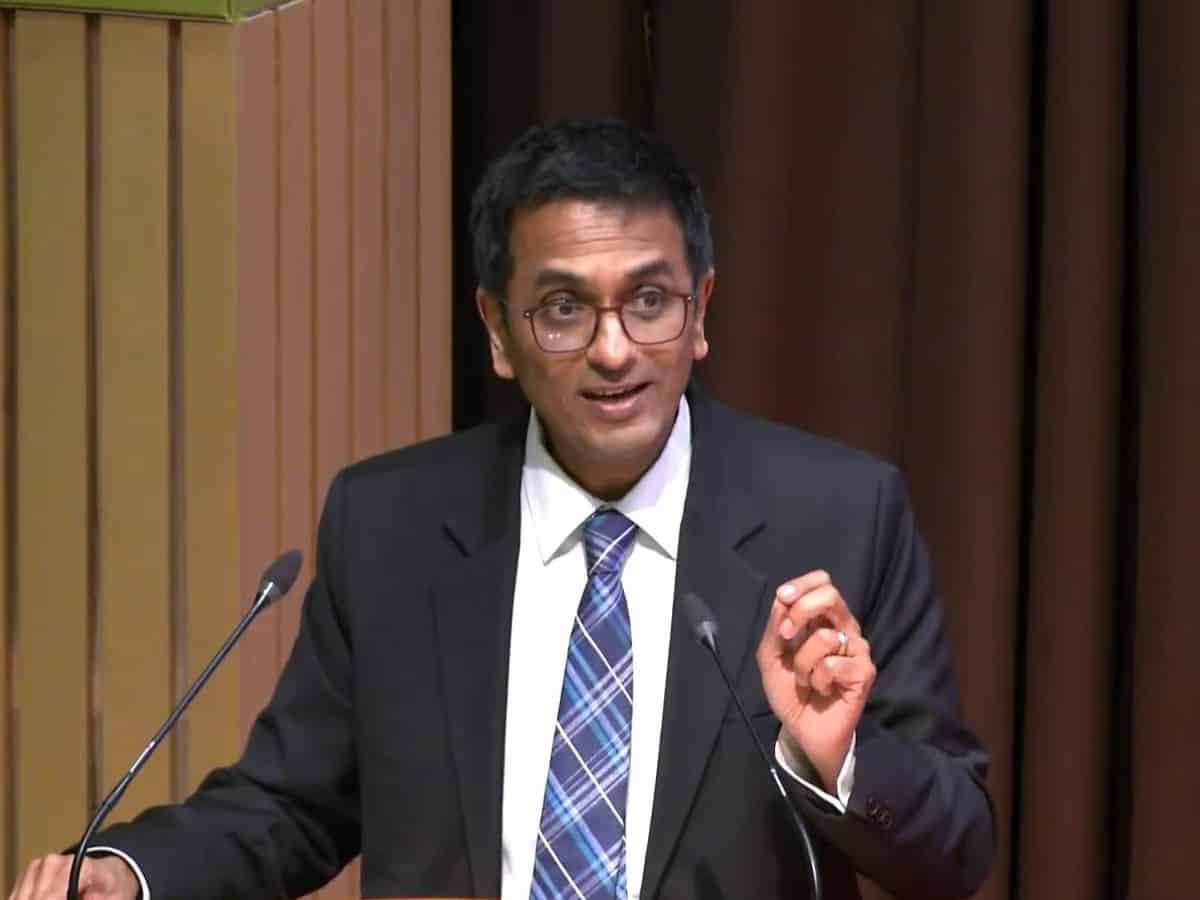
New Delhi: The six-member Collegium led by Chief Justice of India D Y Chandrachud on Tuesday met for the first time after the Centre cleared Justice Dipankar Datta for elevation as a judge of the Supreme Court to deliberate upon names to fill up the vacancies in the top court, sources said.
With the swearing-in of Justice Datta on Monday, the total number of judges in the top court has gone up to 28, leaving six vacancies.
The apex court has a sanctioned strength of 34 judges, including the CJI, and the number is set to go down to 27 again with the retirement of Justice S Abdul Nazeer on January 4.
Out of the 28 judges at present, nine are scheduled to retire in 2023.
Sources said the composition of the Collegium, which usually comprises the CJI and four senior-most judges who decide the appointment of judges to the apex court, has undergone a change and now it has six members with the entry of Justice Sanjiv Khanna.
The change in the Collegium has occurred due to the fact that after the CJI, none of the four senior-most apex court judges — justices S K Kaul, S Abdul Nazeer, K M Joseph and M R Shah — would become the head of the judiciary.
The convention has it that besides the CJI there is at least one future CJI in the Collegium that makes recommendations to the Union government for appointment of judges in the apex court.
Sources said the Collegium meeting, which went on for around two hours in the apex court premises, deliberated upon several names.
The Collegium comprising top three judges, which decides the names of judges for the high courts, is learnt to have recommended to the Centre the name of Justice Sanjay Mishra as the chief justice of the Jharkhand High Court.
The sources also said the Collegium has proposed to recommend Justice N Kotiswar Singh as the chief justice of the Jammu and Kashmir High court.
With the retirement of Justice Nazeer early next year in January, Justice Ajay Rastogi will become part of the six-member Collegium.
Justice Khanna is in line to succeed Justice Chandrachud as the CJI on November 11, 2024.
On December 11, the Department of Justice in the Union Law Ministry had issued a notification announcing the appointment of Justice Datta, the then Chief Justice of the Bombay High Court, as a Supreme Court judge.
In its meeting held on September 26, the Collegium led by the then CJI U U Lalit had recommended the name of Justice Datta as a judge of the apex court.
Of late, the Collegium system has become a major flashpoint between the Supreme Court and the central government, with the mechanism of judges appointing judges drawing criticism from different quarters.
Union Law Minister Kiren Rijiju had on November 25 launched a fresh attack, saying the collegium system is “alien” to the Constitution.
On the judicial side, a bench led by Justice Kaul has been very critical of the delay by the Centre in clearing the names recommended by the Collegium for appointment as judges to constitutional courts, saying the Collegium system is the law of the land and comments against it are “not well taken”.
On December 8, the apex court had observed that any law declared by it is “binding” on all stakeholders and the Collegium system must be followed.
